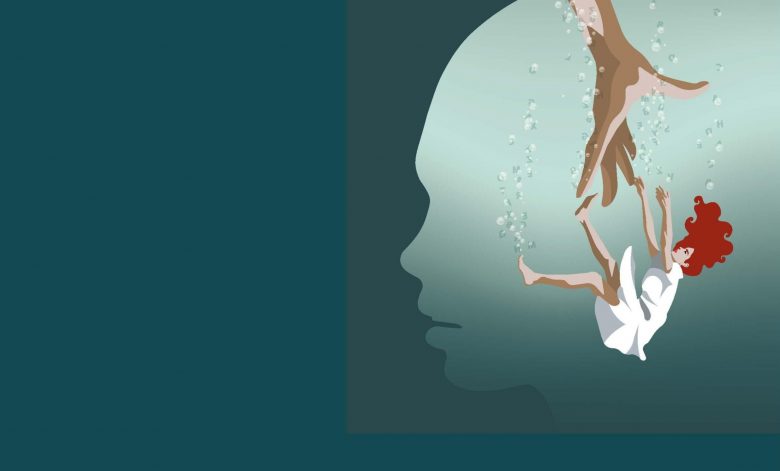Having read Steve Reicher and Alex Haslam’s article focusing on challenging the conformity bias in social psychology, work through the following questions. You may then want to discuss your answers with your fellow students in small groups, or you may prefer simply to discuss the questions in a whole group plenary.
1 Reicher and Haslam highlight the pervasive and ubiquitous nature of the inhumane treatments of groups of people in Nazi Germany, Yugoslavia, Rwanda and Darfur, to show that such behaviours occur at different times, places and cultures. The fact that these events have happened throughout modern history suggests that there is a dark side to human nature. Indeed, man’s inhumanity to man can be traced back over many centuries, using different methods of committing unspeakable acts. Do you consider that these acts of inhumanity arise because of what Reicher and Haslam describe as ‘negative group level processes’ or are they an expression of negative traits, arising from bad childhood experiences, for example (see Freud)?
Your organisation does not have access to this article.
Sign up today to give your students the edge they need to achieve their best grades with subject expertise
Subscribe



